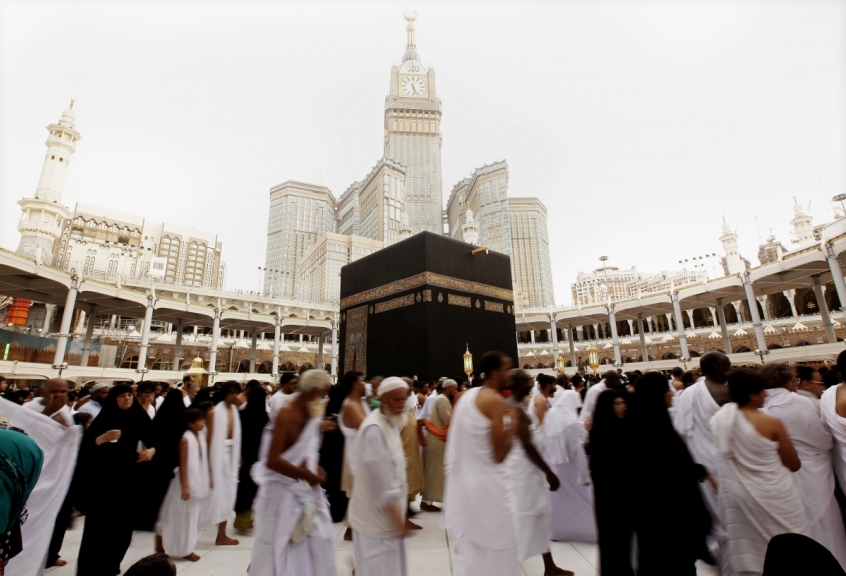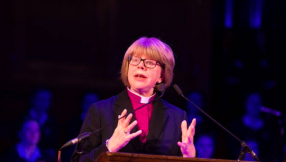
The World Evangelical Alliance has said the US government must do more to hold Saudi Arabia to account on religious liberty.
Saudi Arabia has been on the US State Department's Country of Particular Concern (CPC) list since 2004. Countries on the list can be subject to economic sanctions but the WEA states in a new report that these have been waived in the case of Saudi Arabia since 2006.
The WEA suggests the US is having little impact in improving religious rights in the Wahhabi Sunni kingdom and points to the recent sentencing of cyber activist Raef Badawi to seven years in prison and 600 lashes for offending Islam and violating the kingdom's cyber crime law.
Similar sentences this year include that handed to a Christian Lebanese man accused of helping a Saudi women convert to Christianity. The Saudi Gazette reported that he was sentenced to six years in prison and 300 lashes, and the daughter sentenced to six years and 300 lashes, although she reportedly fled to Sweden.
The World Evangelical Alliance Religious Liberty Commission reported in February this year that 53 Ethiopian Christians, 46 of whom were women, had been arrested by Saudi authorities. They were rounded up while attending a worship service in the home of an Ethiopian believer in Dammam and charged with trying to convert Muslims to Christianity.
Saudi Arabia is home to more than 1.5 million Christians, mostly Catholics, who are non-citizens and are allowed to worship only within the privacy of their own home. As such, there are no churches in Saudi Arabia and last March, the Grand Mufti of Saudi Arabia, Sheikh Abdul Aziz bin Abdullah, was reported by the Middle East Forum as saying it was "necessary to destroy all the churches of the region".
"He is the highest authority on Islamic law in the birthplace of Islam, and, therefore, such a provocative statement by him can have far-reaching effects. Yet, no Western nation condemned it," the WEA said.
Religious freedom is not provided for by the Saudi Basic Law and the government enforces Sharia Law. Blasphemy and apostasy are punishable by death, and proselytising for non-Muslim religions is illegal.
The WEA says that even private religious services have suffered interference at the hands of the authorities.
"Saudi Arabia has showcased limited reforms, and yet the United States and other Western nations have regrettably allowed the kingdom to evade sanctions," it said.
Despite a promise to reform textbooks, the WEA said the education system "still indoctrinates children with hatred and incitement".
And although King Abdullah opened a centre for religious dialogue in Vienna and sponsored an inter-faith conference in Spain, the WEA accused Saudi Arabia of being "one of the worst violators of religious freedom".
The report concludes: "Saudi Arabia has wealth, and is strategically important to the United States due to strategic reasons, including the kingdom's oil reserves, its ability to help Washington to have good relations with the Muslim world and the common opposition to Iran.
"However, the United States' failure to address religious freedom and human rights abuses in Saudi Arabia does not reflect Washington's inability, but lack of will.













